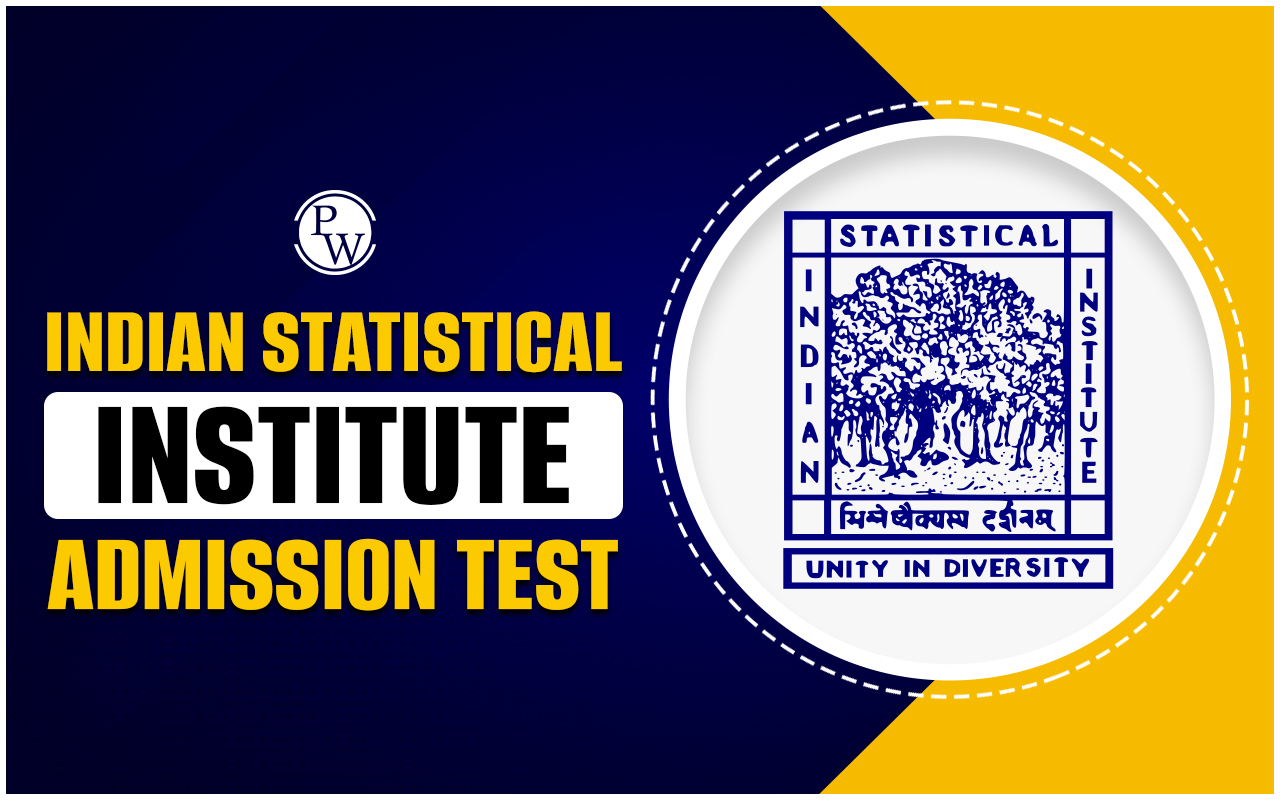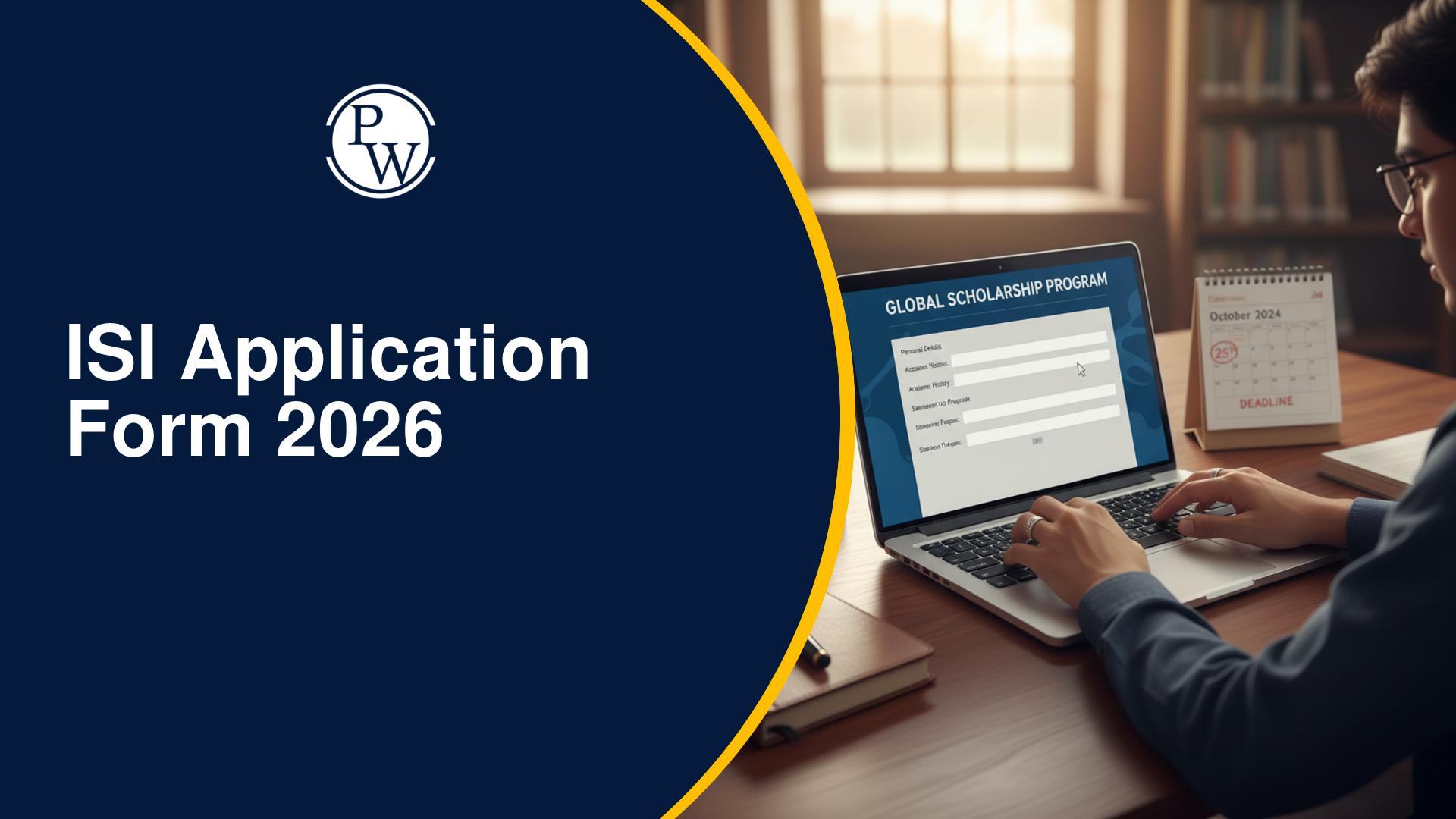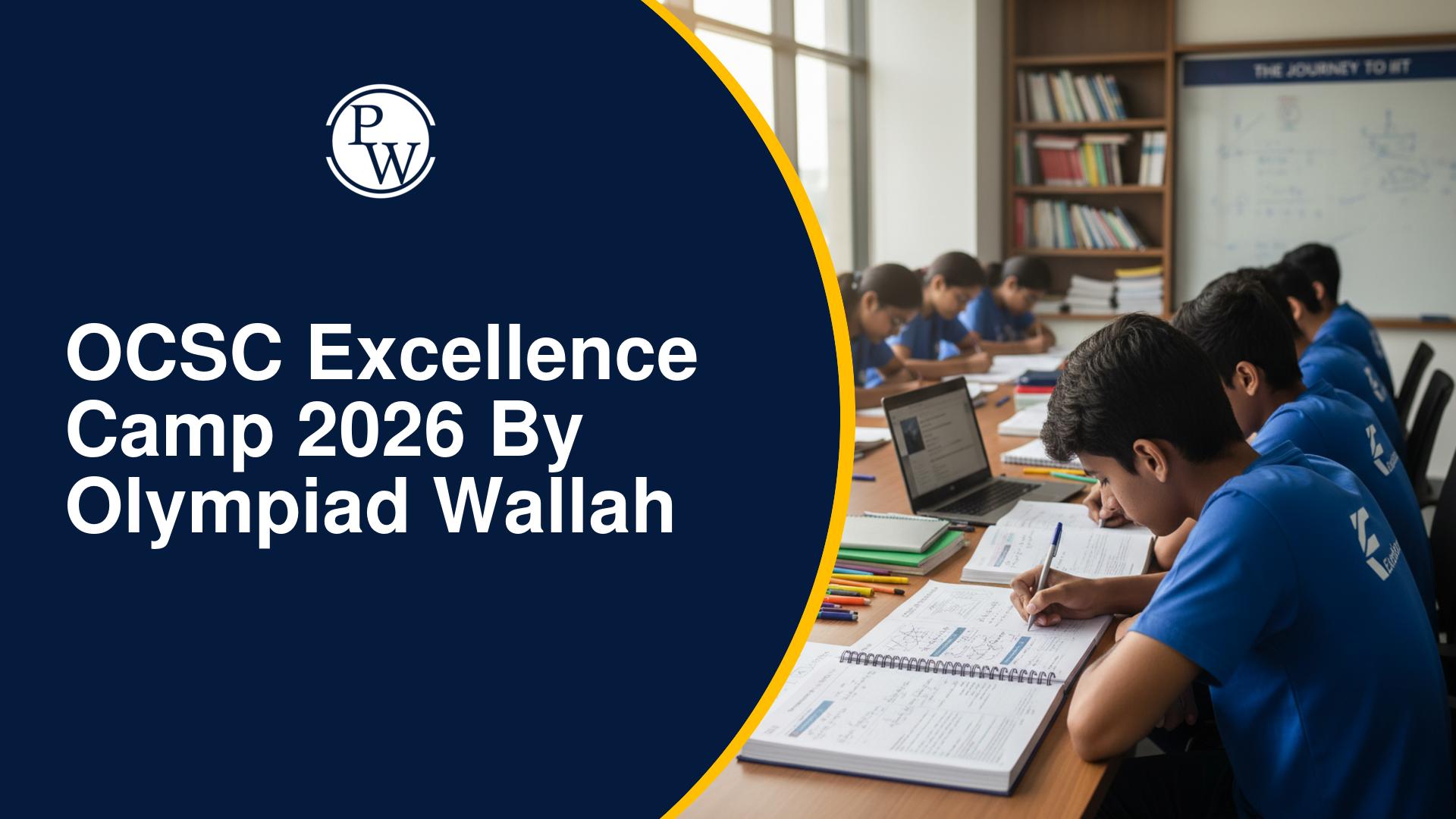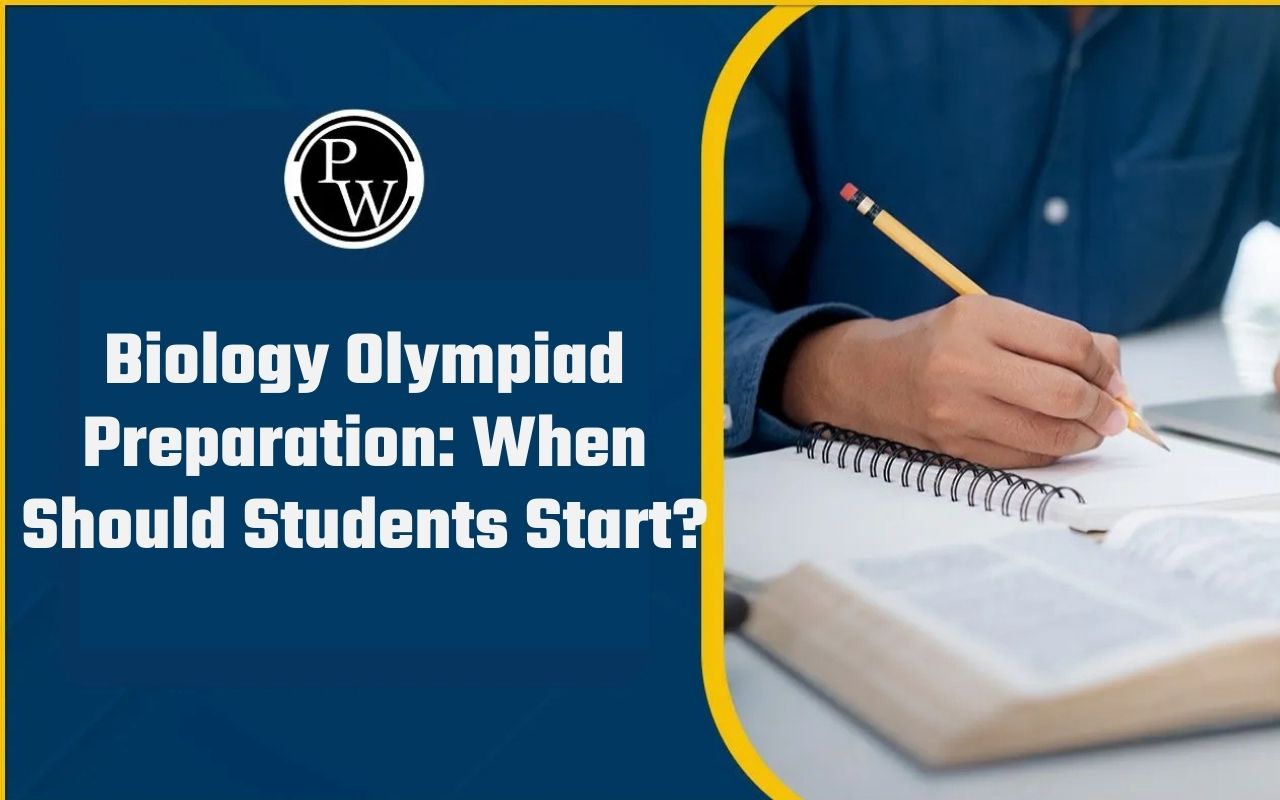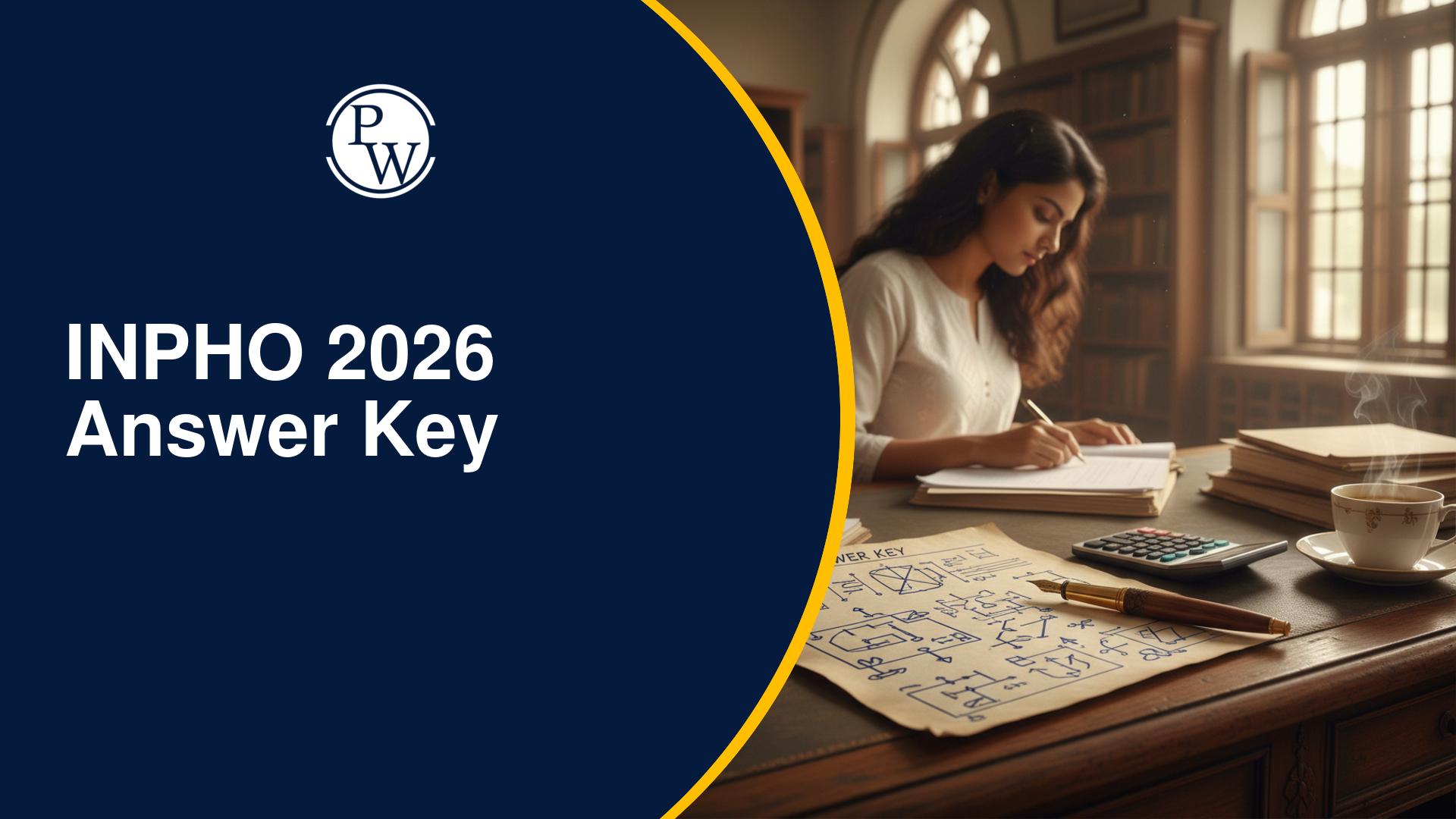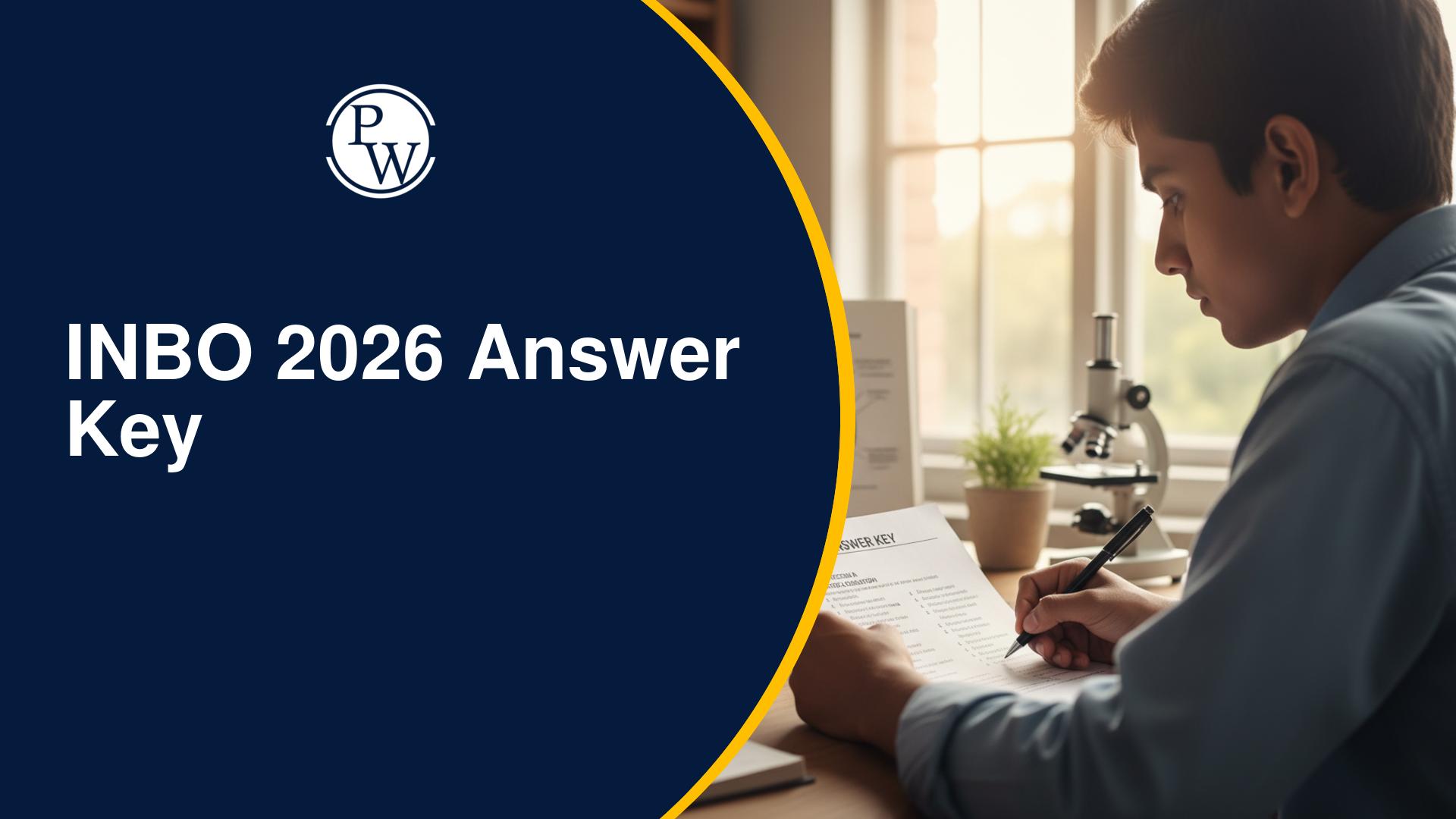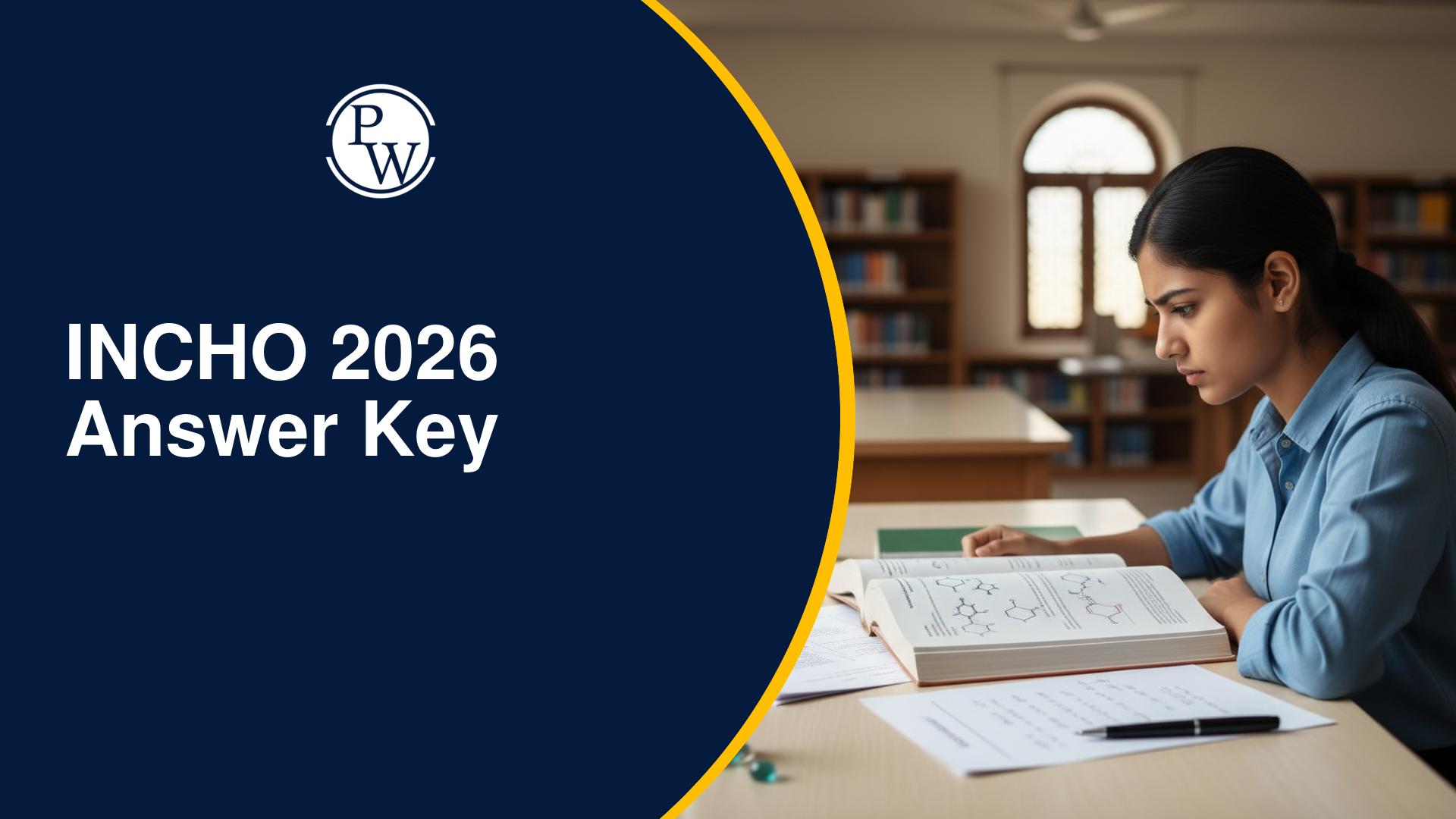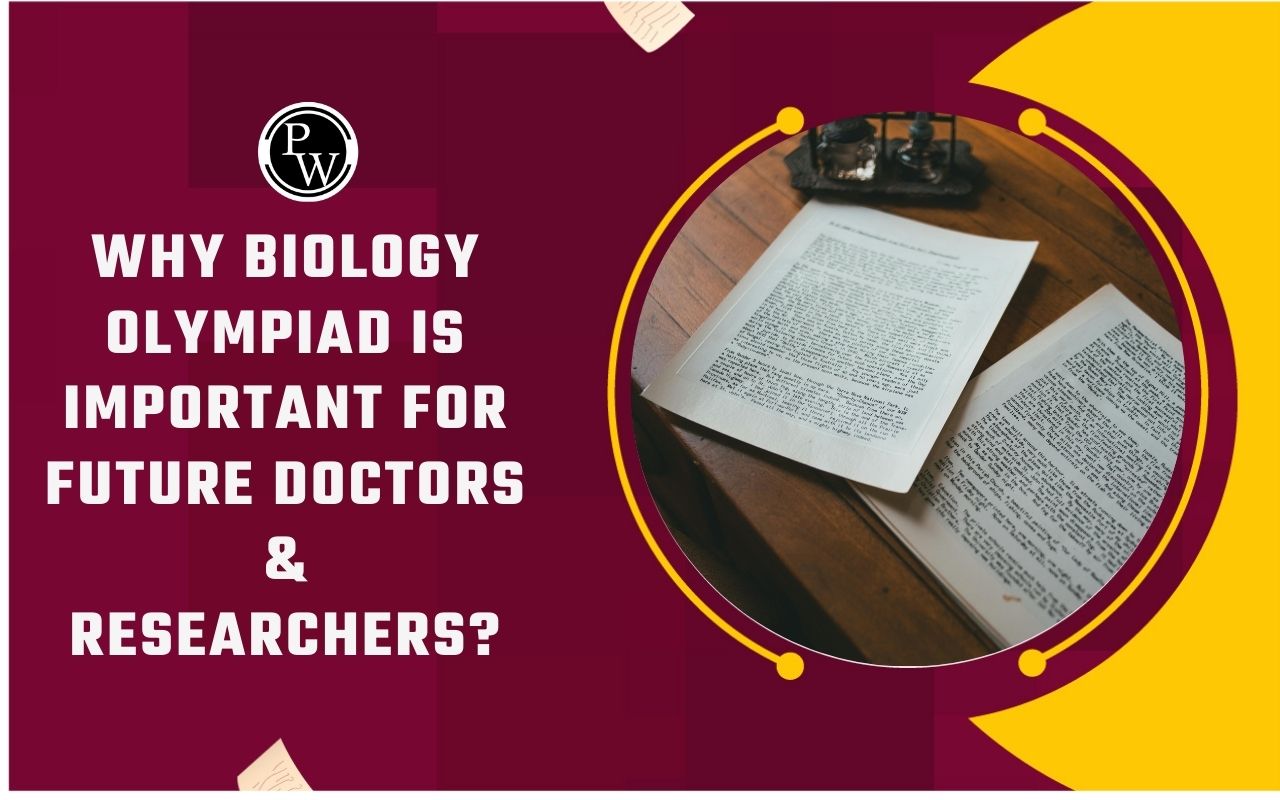
The Regional Mathematical Olympiad (RMO) is a prestigious mathematics competition in India, serving as the second stage of the Mathematical Olympiad program. Homi Bhabha Centre for Science Education (HBCSE) conducts the RMO Olympiad and aims to identify the exceptional mathematical talent among students. The RMO exam has been postponed, originally scheduled for November 9, 2025, will now be held on November 16, 2025. This adjustment ensures that the RMO 2025 examination takes place simultaneously in all regions.
To be eligible for the RMO, students must first qualify for the Indian Olympiad Qualifier in Mathematics (IOQM) examination, which serves as a preliminary round to determine who will compete for IMO.
RMO is a three-hour written test that consists of six mathematical problems. Based on their RMO performance, up to 30 students from each region are selected for the next stage, i.e. INMO (Indian National Mathematical Olympiad).
RMO Exam Pattern 2025
-
RMO Olympiad is a three-hour written test conducted by the HBCSE regional coordinators
-
Exam Level: Regional (State/Union Territory-wise)
-
Mode of Paper: Offline (Pen and Paper)
-
There are going to be a total of 6 Subjective questions (descriptive questions requiring detailed proof).
-
The answers should be descriptive in nature which may include theorems.
-
The duration of the exam is 3 Hours (180 minutes).
-
Each question carries 17 marks.
Difference Between Maths and Science Olympiad
RMO Eligibility Criteria 2025
-
Preliminary Examination Requirement: Students must first qualify for the IOQM examination, which serves as the initial screening stage for the RMO.
-
Students in Classes 8 to 12 are eligible to appear for the IOQM, which is a prerequisite for the RMO. Exceptional students from Class 7 may also be allowed at the discretion of regional coordinators.
-
Age and Class Requirements: Candidates must be Indian citizens or hold an Overseas Citizen of India (OCI) card.
-
Performance Criteria: To qualify for the RMO, students must score at least 10% of the total marks in the IOQM (Indian Olympiad Qualifier in Mathematics) paper.
Olympiad Wallah Telegram Channel
RMO Syllabus 2025
The Regional Mathematical Olympiad (RMO) Syllabus covers a wide range of topics in mathematics, from the syllabus of Classes 8 to 12. The breakdown of the RMO Syllabus 2025 is detailed below.
Basic Mathematics
-
Number System
-
Basic Inequality
-
Logarithms
-
Modulus Function
-
Greatest Integer Function
Algebra
-
Inequalities
-
Progressions (A.P, G.P, H.P)
-
Theory of indices
-
System of linear equations
-
Theory of equations
-
Binomial theorem and properties of Binomial coefficients
-
Complex Numbers
-
Polynomials in one and two variables
-
Functional equations
-
Sequences
Geometry
-
Triangles
-
quadrilaterals
-
circles and their properties
-
standard Euclidean constructions
-
concurrency and collinearity (Theorems of Ceva and Menelaus)
-
basic trigonometric identities
-
compound angles, multiple and submultiple angles
-
general solutions, sine rule, cosine rule
-
properties of triangles and polygons
-
Coordinate Geometry (straight line, circle, conics,3-D geometry)
-
vectors.
Combinatory
-
Basic enumeration
-
Pigeonhole principle and its applications
-
Recursion
-
Elementary Graph Theory
Number Theory
-
Divisibility theory in the Integers (The Division Algorithm, the Greatest Common Divisor, The Euclidean Algorithm, The Diophantine Equation ax + by = c)
-
Fundamental Theorem of Arithmetic, Basic properties of congruence, Linear congruences
-
Chinese Remainder Theorem
-
Fermat’s Little Theorem
-
Wilson’s Theorem
-
Euler’s Phi function and Euler’s generalisation of Fermat’s Theorem
-
Pythagorean triples (definition and properties)
-
Diophantine equations.
Books for RMO Exam Preparation
For successful preparation for the Regional Mathematics Olympiad (RMO), various books are strongly suggested. These RMO Preparation books address important and essential topics and offer an abundant source of problems that can improve your problem-solving abilities.
-
An Excursion in Mathematics: By M.R. Modak, S.A. Katre, V.V. Acharya
-
Problem Primer for the Olympiads: By C.R. Pranesachar, B.J. Venkatachala, C.S. Yogananda
-
Problem Solving Strategies: By Arthur Engel
-
This book discusses various strategies for tackling mathematical problems and is suitable for advanced learners.
-
Mathematical Circles: Russian Experience By Dmitri Fomin, Sergey Genkin, Ilia Itenberg
-
Elementary Number Theory: By David Burton
-
A foundational text that covers number theory concepts crucial for RMO.
-
Challenge and Thrill of Pre-College Mathematics: By V. Krishnamurthy, C.R. Pranesachar, K.N. Ranganathan, B.J. Venkatachala
Also Read: Indian Olympiad Qualifier in Mathematics (IOQM)
How to Prepare for RMO Olympiad?
- Concentrate on the Basic Concepts of Questions Asked in the RMO Olympiad
Understand the fundamental ideas of each questions and apply every method, theorem, or formula you learn to solve the mathematical problem. Thorough preparation will always help you tackle the most challenging and complex problems on your real RMO exam. Clear understanding of concepts will boost your confidence and allow you to answer questions more easily.
- Answer Numerous Questions on a Single Concept
When you clear the concept of any topic try to solve as many as questions to know level of concept clarity.
- Cultivate a Problem-Solving Mindset
By enhancing conceptual understanding, solve the mathematical problems using all the concepts acquired. Don't consider it a failure instead, think about it and check the answer after attempting many times. Rather take it as a step towards your preparation.
- Select the Best Books for RMO Preparation
Choosing the right book is a crucial aspect of getting prepared for the Regional Maths Olympiad. Select books that address the topic rather than choosing and practicing from a variety of them. The following books are sufficient for preparation.
- Solve Previous Year RMO Question Papers
Students will always be better able to comprehend the true difficulty of an exam and prepare appropriately with the use of RMO Previous Year Papers. Attempt to answer them within a time duration allocated for olympiad examination.
- Take the RMO Mock Test
Attempt the RMO Mock Test to assess your problem-solving skills. You may check your fitness level for the competition with an online test. Students will be able to see their current position and areas for improvement.
- Look for a Good Coaching for RMO Preparation
A good and expert coaching will provide a way for improvement in their areas of weakness. Students will also receive appropriate motivation and direction in the direction of their objectives.
Time Management Tips for RMO Olympiad
By following preparation tips in a well mannered way, students can optimize their preparation and perform effectively in the RMO exam.
Below we have mentioned some important aspects to be kept in mind for time management while preparing for the Regional Mathematical Olympiad:
1. Create RMO Study Plan: Divide your RMO preparation into daily and weekly goals. Dedicate at least 2–3 hours daily to RMO preparation. Reserve time for revising key concepts, solving problems, and analyzing mistakes.
2. Prioritize High Weightage Topics: Focus on high-weightage topics such as Number Theory, Geometry, Algebra, and Combinatorics. These are Important for RMO success. Allocate more time to topics you find challenging while maintaining regular practice of your strengths.
3. Practice RMO Previous Year Question and Paper: Solve RMO Previous Year Questions (PYQs) to understand the exam pattern and difficulty level.
4. Time-Bound Practice using RMO Test: Simulate RMO exam conditions by solving mock tests within the 3-hour time limit. Gradually reduce the time spent on each problem to improve speed without compromising accuracy.
5. Use Quality Study Material and Resources: Refer to recommended RMO Preparation books and online resources like coaching playlists or expert videos for guidance. Join online coaching programs for expert advice.
6. Analyze and Learn from Mistakes: Review incorrect answers to identify weak areas. Focus on understanding the logic behind solutions rather than rote memorization.
7. Stay Consistent: Practice daily even if it’s a small amount as consistency is important. Avoid last-minute cramming as it leads to stress and inefficiency.
Also Read: Indian National Mathematical Olympiad (INMO)
Common Mistakes to Avoid During RMO Olympiad Preparation
Preparing for the Regional Mathematical Olympiad (RMO) necessitates strategic planning and concentrated efforts. Here we present a concise outline of the typical errors to steer clear of during the RMO Exam so that you can prepare successfully without any obstacles.
- Lack of RMO Strategic Study Plan
Many students dive into preparation without a clear strategy. This can lead to uneven focus on topics and poor time management. Create a Strategic Study Plan that allocates sufficient time to each topic based on its importance and difficulty. - Not Practising RMO Previous Year Papers
Not practicing RMO Previous years papers is a missed opportunity to understand the RMO exam pattern, difficulty level, and frequently asked questions. Solving these RMO papers helps in identifying weak areas. - Overlooking Conceptual Understanding
Focusing solely on memorization rather than understanding fundamental concepts can be risky. RMO mathematical questions often require deep analytical thinking and application of concepts. - Neglecting Time Management
Poor time management during RMO Exam preparation can result in incomplete coverage of the RMO syllabus. Similarly, during the exam, spending too much time on one question can leave other questions unanswered. - Over-reliance on Standard Books
While RMO Books are essential, relying only on them might limit exposure to diverse problem-solving techniques. Supplement your preparation with advanced problem-solving books and resources tailored for RMO. - Avoiding RMO Mock Tests
Avoiding RMO Mock Tests prevents students from simulating the actual exam environment, which is important for building confidence and managing stress effectively.
How to Prepare for RMO FAQs
How to prepare for the RMO Olympiad Exam?
What is the RMO Olympiad?
Who is eligible for RMO?
What subjects are included in the RMO Olympiad?
What are the common mistakes to be avoided while preparing for the RMO Exam?

